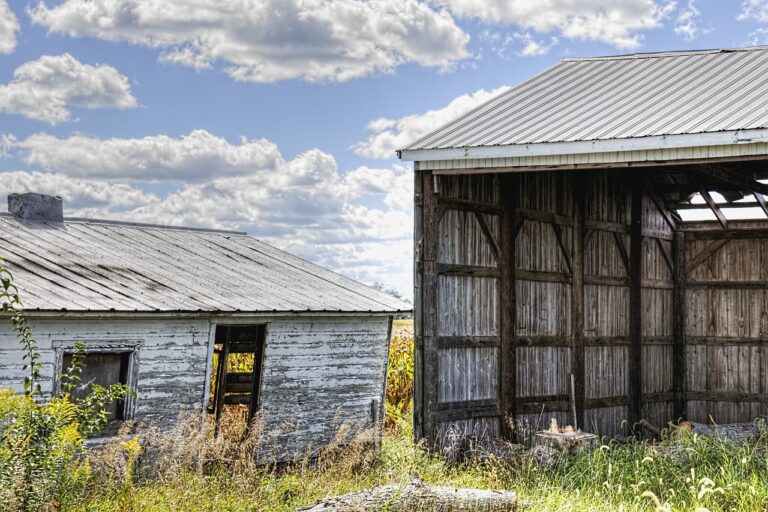The Impact of Sustainable Landscaping on Home Improvement
Sustainable landscaping offers homeowners a plethora of advantages that extend beyond just the aesthetic appeal of their property. By incorporating eco-friendly practices into their outdoor spaces, homeowners can significantly reduce their water consumption, contributing to lower utility bills and increased overall savings. Additionally, sustainable landscaping promotes the use of native plants that require less maintenance and fertilizer, resulting in a healthier and more environmentally friendly yard.
Furthermore, sustainable landscaping can create a vibrant and biodiverse ecosystem within the homeowner’s property, attracting beneficial insects, birds, and wildlife. This can lead to a more balanced and self-sustaining environment that enhances the overall enjoyment of the outdoor space. Additionally, sustainable landscaping can improve air quality, reduce erosion, and mitigate the effects of climate change, providing long-term benefits for both homeowners and the surrounding community.
Ways Sustainable Landscaping Can Increase Property Value
Prospective homebuyers are increasingly prioritizing sustainable features when hunting for their dream property. Sustainable landscaping, which focuses on utilizing native plants, conserving water, and reducing waste, can significantly enhance a home’s curb appeal. By incorporating environmentally friendly practices, such as composting and rainwater harvesting, homeowners can create an attractive outdoor space that not only looks appealing but also resonates with eco-conscious buyers seeking a property aligned with their values.
In addition to the visual appeal and eco-friendly benefits, sustainable landscaping can also contribute to increasing a property’s overall value. Well-maintained gardens with native plants require less maintenance and water, leading to reduced upkeep costs for homeowners. Furthermore, the long-term environmental advantages of sustainable landscaping, such as improved soil health and biodiversity, can boost the desirability and value of a property in the eyes of potential buyers and appraisers.
Sustainable landscaping utilizes native plants, conserves water, and reduces waste
Incorporating environmentally friendly practices such as composting and rainwater harvesting can enhance curb appeal
Well-maintained gardens with native plants require less maintenance and water, leading to reduced upkeep costs for homeowners
Long-term environmental advantages of sustainable landscaping include improved soil health and biodiversity
Sustainable landscaping can increase a property’s overall value by appealing to eco-conscious buyers
Environmental Benefits of Implementing Sustainable Landscaping
For many homeowners, implementing sustainable landscaping practices offers a myriad of environmental benefits. By using native plants in their yards, homeowners can reduce water usage significantly. Native plants are naturally adapted to the local environment, requiring less water and maintenance compared to non-native species. This reduction in water consumption not only conserves a precious resource but also helps prevent water pollution from runoff containing fertilizers and pesticides.
Furthermore, sustainable landscaping can enhance biodiversity in residential areas. By choosing a variety of plants that provide food, shelter, and nesting sites for local wildlife, homeowners can create a more balanced ecosystem right in their own backyard. This increased biodiversity can help support pollinators such as bees and butterflies, as well as other beneficial insects and birds, leading to a healthier and more resilient environment overall.
What are the benefits of sustainable landscaping for homeowners?
Sustainable landscaping can help homeowners reduce water usage, decrease energy costs, improve air and soil quality, attract beneficial wildlife, and create a beautiful and functional outdoor space.
How can sustainable landscaping increase property value?
Sustainable landscaping can increase property value by improving curb appeal, reducing maintenance costs, attracting environmentally-conscious buyers, and creating a more enjoyable outdoor living space.
What are some environmental benefits of implementing sustainable landscaping?
Implementing sustainable landscaping practices can help reduce water pollution, conserve water resources, reduce greenhouse gas emissions, support biodiversity, and improve overall ecosystem health.







